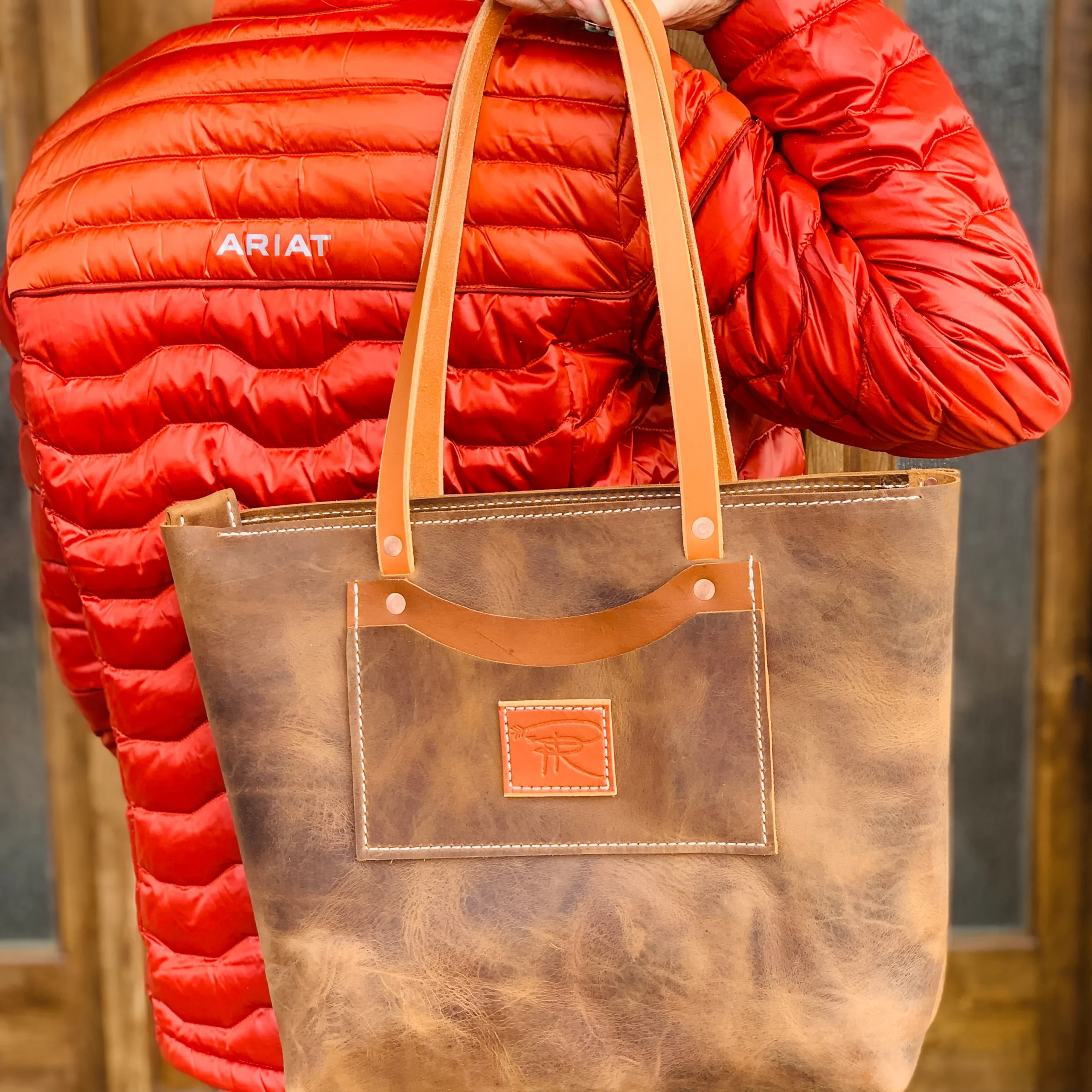India’s leather industry is highly clustered, with several key regions specializing in different types of leather production, processing, and manufacturing. These clusters are spread across the country, each with a unique focus—ranging from tanning and raw material processing to finished goods like footwear, garments, and accessories. Here are some of the major leather clusters in India:
1. Kanpur, Uttar Pradesh
- Specialization: Tanning, leather saddlery, industrial gloves, footwear, belts, and harnesses.
- Overview: Kanpur is one of the oldest leather hubs in India and a global leader in saddlery and equestrian goods. The cluster has a large number of tanneries, many of which focus on raw leather processing. However, pollution from tanneries has been a longstanding issue in the area, leading to efforts to implement cleaner production practices.
2. Chennai, Tamil Nadu
- Specialization: Finished leather, footwear, leather garments, and accessories.
- Overview: Chennai is a major center for leather processing and exports. The state of Tamil Nadu, with its skilled workforce and availability of raw materials, has become a global hub for leather production. Nearby cities like Ambur, Vaniyambadi, and Ranipet are also part of this cluster, focusing on tanning and leather processing. Chennai is known for its high-quality finished leather and significant export-oriented units.
3. Agra, Uttar Pradesh
- Specialization: Footwear manufacturing.
- Overview: Agra is India’s largest footwear manufacturing cluster, producing both leather and non-leather footwear. It caters to the domestic market as well as exports. The city is known for producing affordable footwear and has a skilled workforce experienced in footwear stitching, cutting, and finishing.
4. Kolkata, West Bengal
- Specialization: Leather bags, wallets, gloves, and other leather goods.
- Overview: Kolkata is a significant center for producing leather goods, especially gloves, bags, and wallets. The city also has a number of tanneries that provide raw and finished leather. Leather units in Kolkata are known for their craftsmanship and focus on small leather goods, with many businesses serving export markets.
5. Jalandhar, Punjab
- Specialization: Sports goods, leather accessories, and gloves.
- Overview: Jalandhar is known for its leather sporting goods and accessories, including gloves and protective gear. The cluster is well-regarded for sports-related leather items, which it exports to several international markets. Jalandhar’s expertise in leather sporting goods has made it an essential hub for both domestic and international markets.
6. Mumbai, Maharashtra
- Specialization: Leather garments, accessories, and footwear.
- Overview: Mumbai is a significant player in leather garment production. The city produces high-quality leather jackets, belts, and accessories that cater to both domestic and export markets. Mumbai’s proximity to major ports also facilitates easy export.
7. Delhi NCR (National Capital Region)
- Specialization: Leather accessories, bags, footwear, and fashion goods.
- Overview: The Delhi NCR region has a growing leather industry focused on high-end leather accessories, fashion goods, and bags. Gurugram and Noida have several factories producing leather products, catering to both domestic and export markets.
8. Hyderabad, Telangana
- Specialization: Leather footwear and accessories.
- Overview: Hyderabad is another emerging leather cluster, particularly known for its leather footwear and accessories manufacturing. The city’s leather products cater to both the domestic market and export markets, with many SMEs involved in production.
9. Ambur and Vaniyambadi, Tamil Nadu
- Specialization: Tanning and leather processing, footwear, and leather goods.
- Overview: These towns are renowned for their leather tanneries and processing units. They form part of the broader Tamil Nadu leather industry cluster, known for high-quality tanning and exports of finished leather. Many international brands source leather from this region.
10. Unnao, Uttar Pradesh
- Specialization: Tanning and leather processing.
- Overview: Near Kanpur, Unnao is known for its leather tanneries and processing facilities. While facing similar environmental challenges as Kanpur, Unnao is also a major supplier of raw and semi-processed leather for the leather goods industry.
11. Pune, Maharashtra
- Specialization: Leather accessories, belts, and small goods.
- Overview: Pune has a growing leather industry, particularly in leather accessories and small goods. The region supports several SMEs that produce for both domestic markets and export.
Government Support and Leather Parks
To support these clusters, the Indian government has developed policies such as:
- Mega Leather Cluster (MLC) Scheme: Encourages the development of leather clusters with shared infrastructure like Common Effluent Treatment Plants (CETPs) to reduce pollution and improve sustainability.
- Leather Parks: Leather parks are being established in key regions to provide centralized infrastructure, training, and environmental management facilities to small businesses. This aims to streamline compliance with environmental norms and reduce operational costs for smaller units.
These clusters collectively make India one of the leading leather producers and exporters, with each cluster contributing its unique specialization to the global market. However, challenges remain, including environmental compliance, need for modernization, and increasing competition from countries like China and Vietnam.



